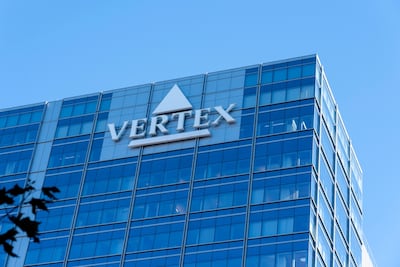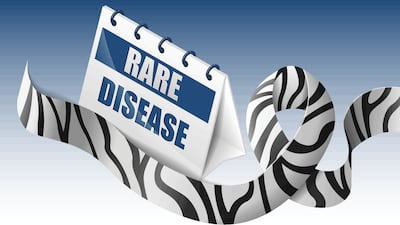ADVERTISEMENT
Rare Diseases

Q3 sales of DMD gene therapy Elevidys beat forecasts, but the company declined to raise Q4 and 2025 guidance. It plans to file a second gene therapy with the US FDA next year.

Q3 revenue beat consensus and Vertex raised its guidance, but R&D progress was the main highlight across the cystic fibrosis, kidney disease, type 1 diabetes and, particularly, pain pipeline.

Ipsen rare diseases head Jennifer Schranz talks to In Vivo about why women are especially susceptible to a “diagnostic odyssey,” and how the company is working to find and treat female zebras.

A court order encompassing funding, drug pricing, clinical trials and overall policy implementation aspects is expected to cause a paradigm shift in the treatment of rare diseases in India. Sarepta, Roche and Sanofi are among the companies that have been part of pricing discussions.

Trevor Martin talked to In Vivo about the importance of sharing a strategic vision with partners, the company’s superpower, and how a PhD is the best prep for a startup.

A court order encompassing funding, drug pricing, clinical trials and overall policy implementation aspects is expected to bring about a paradigm shift in the treatment of rare diseases in India. Sarepta, Roche and Sanofi are among the key players that have been part of pricing discussions.

At the advisory committee review of Stealth’s Barth syndrome treatment elamipretide, Office of New Drugs Director Peter Stein clarified the circumstances where clinical data in a related indication could serve as confirmatory evidence for a single adequate and well-controlled study.

Meeting the regulatory gold standard for drug candidates in ultra-rare diseases can be impractical, a regulatory expert says, but greater collaboration and shared insights from regulatory reviews could help find a viable path forward.

Members of the Cardiovascular and Renal Drugs Advisory Committee repeatedly challenged Stealth’s assertion that a new randomized trial in Barth syndrome was not possible, but also said potential functional unblinding and other challenges could compromise a new study.

The Cardiovascular and Renal Drugs Advisory Committee voted 10-6 that efficacy had been shown for the ultra-rare disease, but even panelists in the majority questioned whether the product satisfied the threshold requirement for an adequate and well-controlled study.